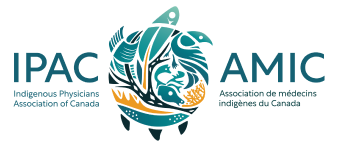Our Board
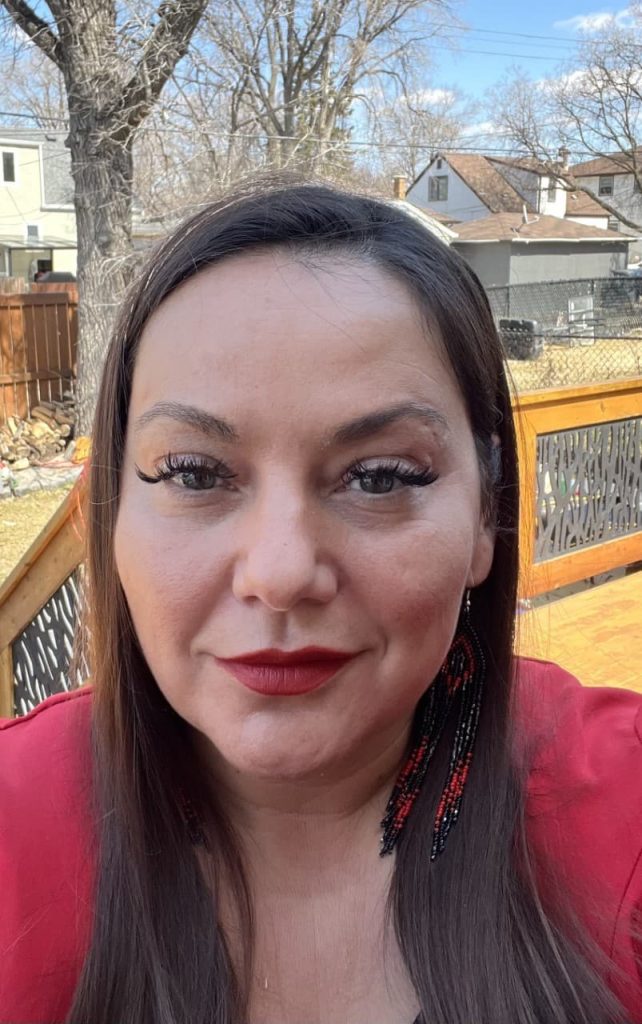
Dr. Mandy Buss
President
Aaniin Boozhoo, Kaaniimit Waawaate Ikwe nindizhinikaaz mukwa doodem. My English name is Mandy Buss, I am Metis from Manitoba. I grew up in a small rural community forty-five minutes northeast of Winnipeg, Manitoba. I did both my Bachelor of Science and Medical degree at the University of Manitoba. I did my Residency in the Northern Remote Family Medicine program, which is also through the University of Manitoba. I spent the first 6 years of my practice going half time to northern First Nation communities. I currently practice at the Northern Connections Medical Center (NCMC). NCMC is the home base for the Northern Remote Family Medicine Program where we train residents to work in the Northern/remote communities, while servicing northern transient patients, inner city and marginalized community members of Winnipeg. I also work at the University of Manitoba as an Assistant professor. I am the Indigenous Health Lead for the Faculty of Family Medicine, developing and delivering Indigenous Health curriculum to Family Medicine Residents and Faculty and the Director of Indigenous Health Longitudinal Curriculum for the Undergrad Medical Education, Faculty of Medicine.
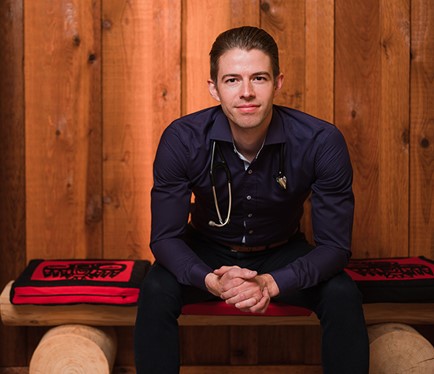
Dr. Michael Dumont
Vice-President
Bozhoo, my name is Michael Dumont. I am Anishinaabe (Marten Clan), a member of Shawanaga First Nation and I also carry mixed European ancestry. I am honoured to live as a guest on the unceded land of the Musqueam, Squamish and Tsleil-Waututh peoples, where I raise my 2yo daughter Evie.
As a family physician, I am privileged to work both on and off reserve in community primary care. I helped to establish Lu’ma Medical Centre in 2016, where I currently serve as Medical Director. We incorporate traditional Indigenous and Western medical approaches in our two-eyed seeing model of care, with Elders and Traditional Healers working alongside Indigenous physicians, nurses, counselors and social navigators. We are a core learning site for the Indigenous Family Medicine Residency program at UBC, where I also do some teaching with the undergraduate and postgraduate medical programs. I am proud to partner with Musqueam First Nation to deliver primary care on-reserve, and I currently serve as pokesperson for the First Nations and Aboriginal Primary Care Network (a partnership of 8 Indigenous owned/operated clinics across Metro Vancouver).
A member of IPAC since 2016, I currently sit on the Champions Committee. This work has been fun and rewarding – we seek to celebrate our colleagues (students, residents, early career and established physicians) through award nominations and other honours. I believe we benefit collectively by spotlighting the amazing work of Indigenous physician leaders and ultimately, this elevates us to greater spheres of influence where we can effectively advocate for better care for Indigenous people. I am motivated to put on an incredible PRIDoC for our global Indigenous physician family next summer in Vancouver. I am on the fundraising committee for PRIDoC and am planning a cultural event and circle on Indigenizing primary care.
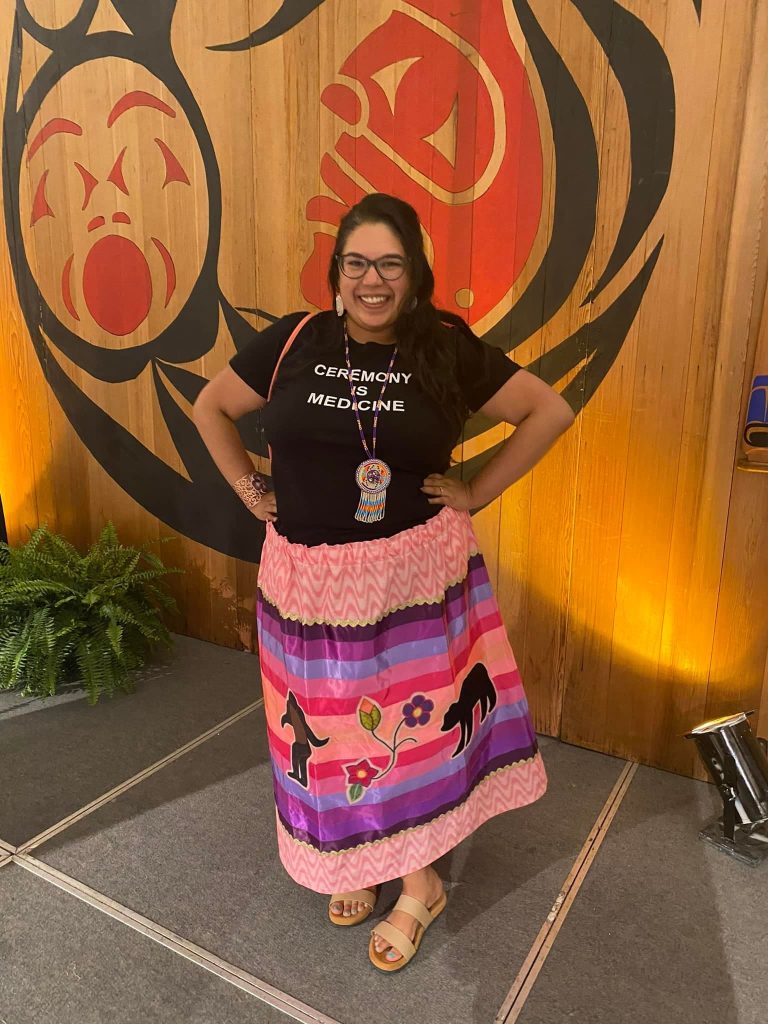
Dr. Alexa Lesperance
Secretary
Boozhoo! Massibkwe ndzhinikaaz, makwa ndoodem, Naotkamegwanning ndoonji. Greetings, my name is Alexa Lesperance. I’m an Anishinaabe bear clan kwe/woman originating from Whitefish Bay First Nation in Treaty #3 Northwestern Ontario and Rocky Bay First Nation located in the Robinson-Superior Treaty area. As a new to practice Family Physician I’m starting off with locum work; with the ultimate goal to return to my home territory in Northwestern Ontario. Medicine has been a long and difficult journey. However, I’ve been so blessed to have many Indigenous physicians that have guided, mentored and supported me the entire way. There is so much power in seeing yourself reflected in the room, and without those helpers I truly would not be where I am today.
I’m so honoured to be a part of this board and I hope to continue to help strengthen IPAC’s already growing capacity for mentorship. We are stronger together and have so much to learn from one another. There will come a day when we won’t always ‘just have to survive’ but we can thrive too- and our ancestors will smile. Chi miigwech, all my relations.
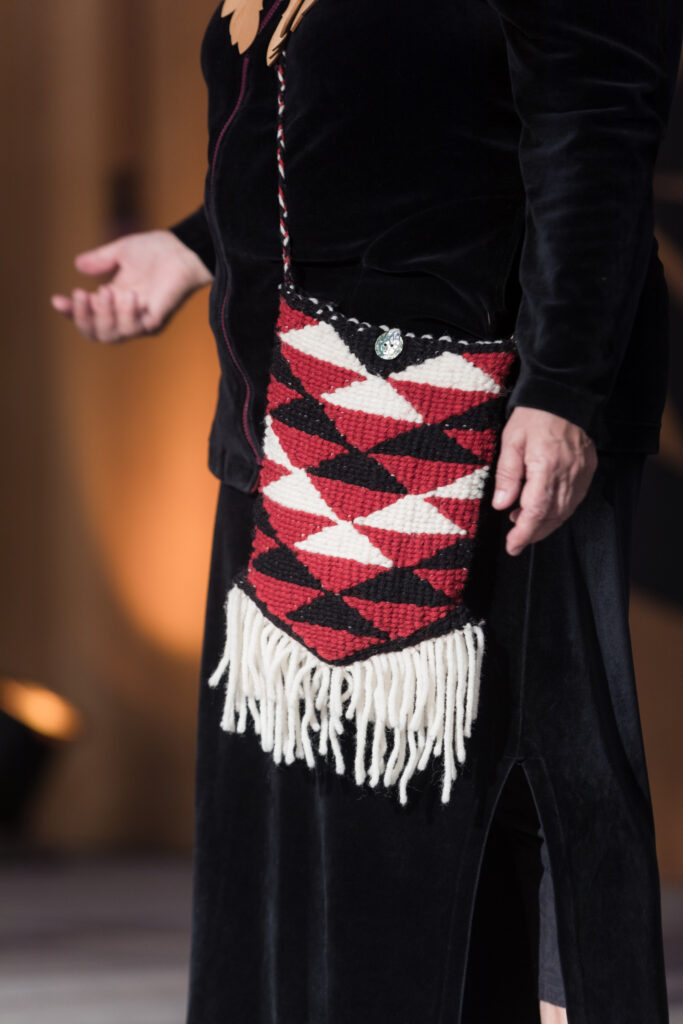
Vacant
Treasurer
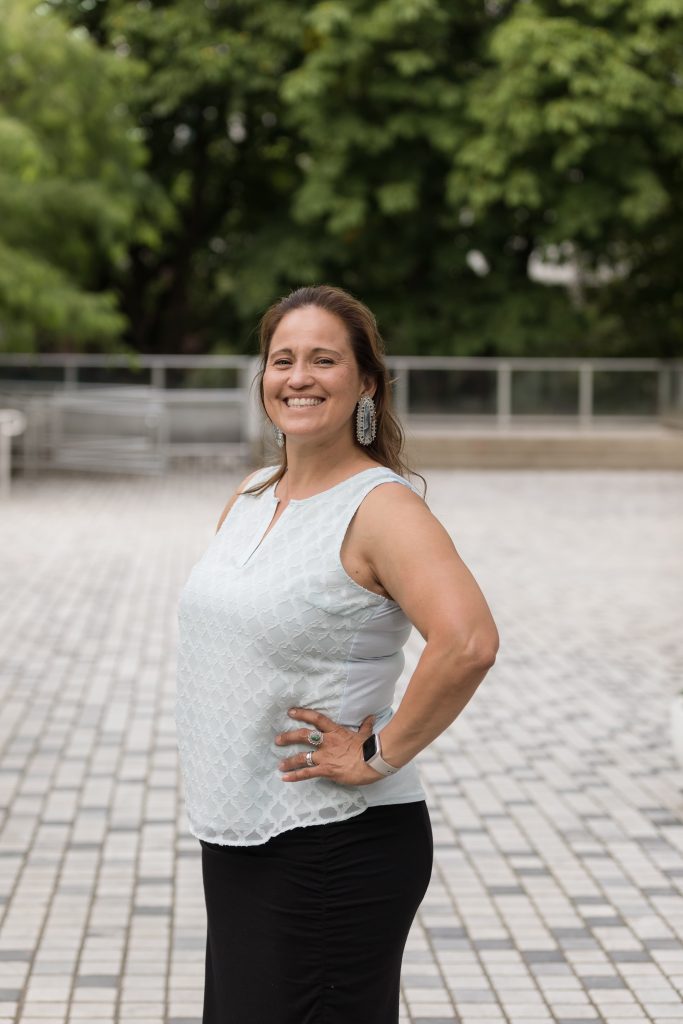
Dr. Ojistoh Horn
Physician Director
Dr. Ojistoh Horn is a Mohawk from the community of Kahnawake. She is the eldest daughter of her mother Kahn-tineta Horn. She left Kahnawake when she was five, and went to elementary, middle, and public school in Ottawa. She moved back to Kahnawake after the Oka Crisis. She did an undergrad (BSc) in Anatomy and Cell Biology as well as a Masters (MSc) in Epidemiology and Biostatistics at McGill University and then worked as a researcher for the Kahnawake Schools Diabetes Prevention Project. She interrupted this work to go to medical school at the University of British Columbia, then completed McGill’s Family Medicine residency program with a fellowship in Maternal and Child Health. Dr. Horn now resides in Kahnawake with her husband and children, a mixed family of six children. She works mostly at the Kateri Memorial Hospital Centre where she does regular Family Medicine as well as long-term Geriatric Care, short-stay Acute Care, Pre-natal Care, and Well-baby Care. She also works in a hospital near the community where she practices low risk Obstetrics and Hospitalist Medicine. Providing health services for such a diverse set of problems is the hallmark of Family Medicine, and Dr. Horn is proud to have met her lifetime goal of providing such services within her own community. Delivering babies and following them through their infancy and childhood is the most rewarding. Her Auntie, Katsi Cook practices and teaches Midwifery, and has a strong knowledge of Mohawk and Iroquois birthing traditions. Dr. Horn is excited to learn her perspective, to see how these practices can be incorporated so that she may provide better, more culturally appropriate Pre-conceptual, Pre-natal, Birthing, and Post-natal Care to the families of her community.
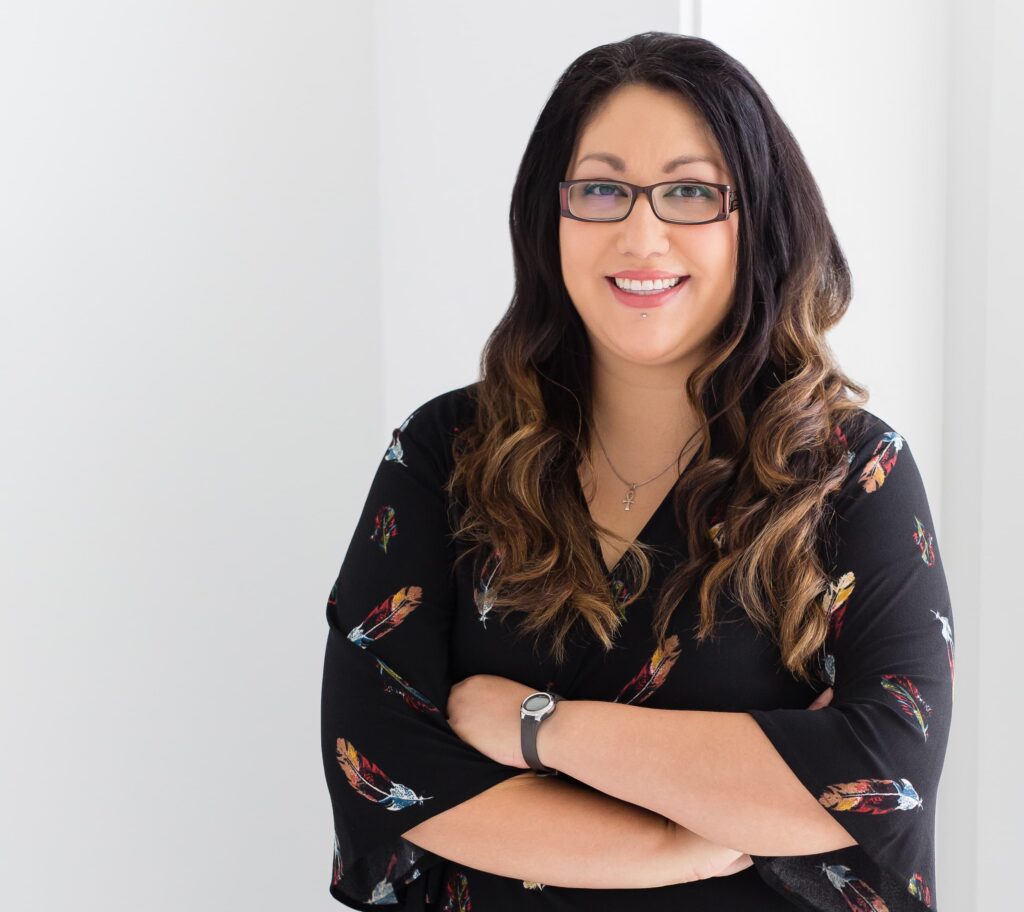
Dr. Randi George
Resident Director
Hadih (Hello), my name is Randi George. I am First Nations (Wet’suwet’en), born & raised in Hagwilget Village (a small reserve in Northern BC). I am Gitdumden (Bear Clan) & belong to Kaiyex Weniits (House in the Middle of Many). I am also Metis on my Mother’s side, with roots to Meadow Lake Saskatchewan.
I am now honoured to live as a guest on the traditional territories of the Lheidli T’enneh (Prince George, a small Northern BC city) for over 20 years now. I completed my Bachelor of Science at the University of Northern British Columbia (UNBC), then worked in the medical field for several years. It was my work at Central Interior Native Health Society that really pushed me to pursue medicine. CINHS served the Indigenous, disadvantaged & marginalized downtown population & was run by an incredible interdisciplinary team that exemplified culturally safe care. I knew the typical western medical system, as it was, was not a safe place for my people. CINHS showed me there is a way to make it safer & more supportive; and I wanted to be a part of making those changes on a larger scale.
I applied to medical school with the goal to not only work in medicine, but to dedicate my life to education & advocacy regarding the issues impacting our people & our communities. In 2020, I graduated from the Northern Medical Program (NMP) & was accepted into the Psychiatry Program with the University of British Columbia (UBC). I am now in my 3rd Year of Residency, with a focus on childhood & inter-generational trauma. As the grand-daughter of a Residential School Survivor & grand-daughter, daughter, & niece to Indian Hospital & Day School Survivors, I have remained very passionate about increasing cultural safety/understanding & working towards Truth & Reconciliation. And, as I’ve gone through medical training, I’ve realized that we not only need this for our patients, but for our providers as well. The process of applying for, training within, & practicing medicine needs to be more culturally safe, supportive, & equitable for Indigenous Peoples across Canada, in a way that acknowledges, honours, & supports our Indigeneity throughout our training & careers.
I have been a member of IPAC for many years & now, as the Resident Director, I hope to continue my work towards these goals within a team & group that continues to life each other up along our journeys through medicine & healing. Tabi Misiyh, thank you very much.

Tina Nash
Student Director
Please check back later.
